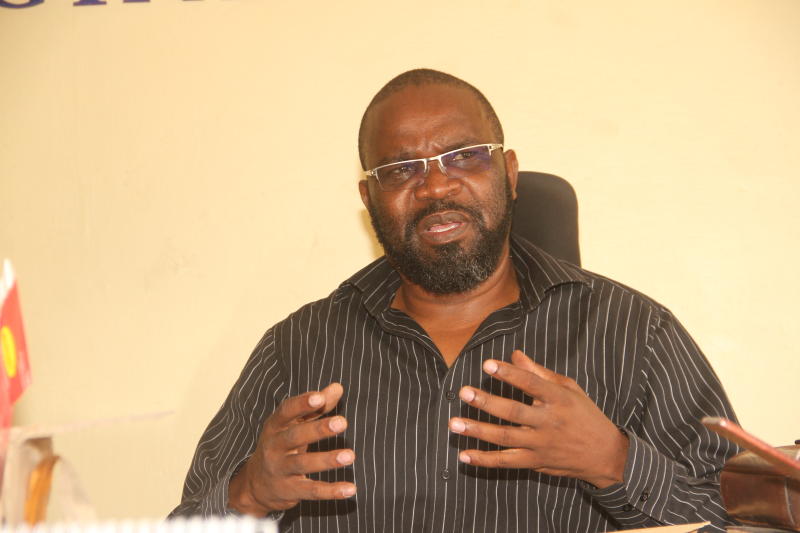×
The Standard e-Paper
Kenya’s Boldest Voice

Resintuff composite Managing Director Noah Ochola, during an interview on March 13, 2022 at Industrial area in Nairobi. [Edward Kiplimo, Standard]
After five years in the teaching profession, classroom walls could no longer contain Noah Ochola. He had to give up the chalk to pursue his entrepreneurship dream.







